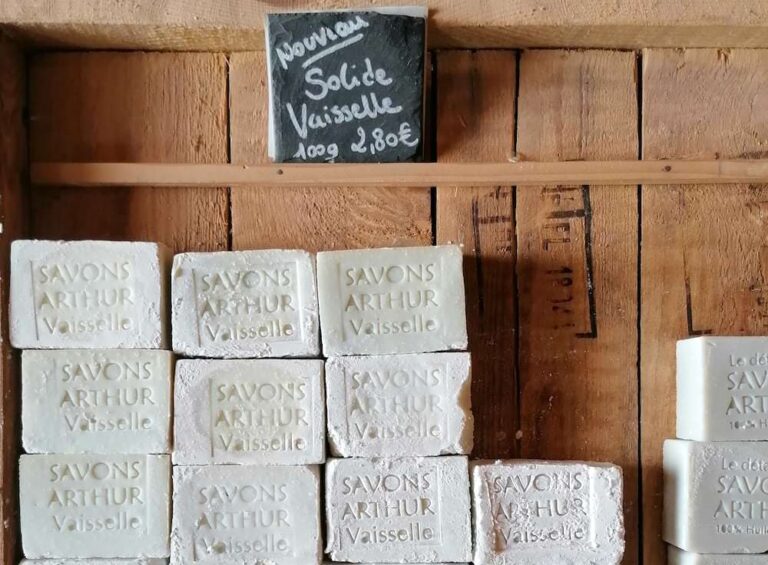j’y vais
The French phrase j’y vais means “I’m going” or “I’m going there.” It contains the subject je (I), the verb vais (am going), and the pronoun y, which replaces a previously mentioned location or destination. Without y, the sentence je vais simply means “I go” or “I am going,” but it does not say where….









